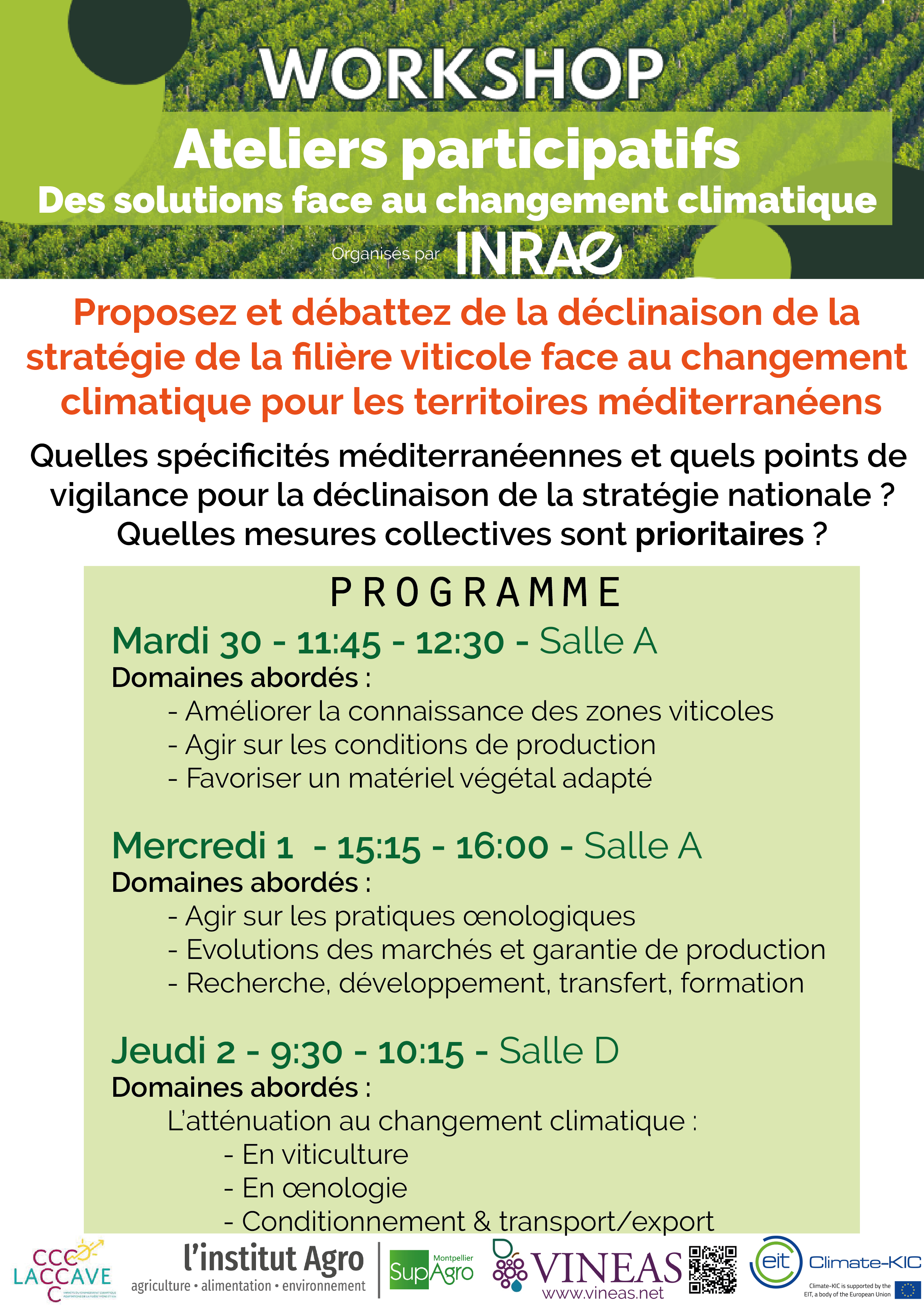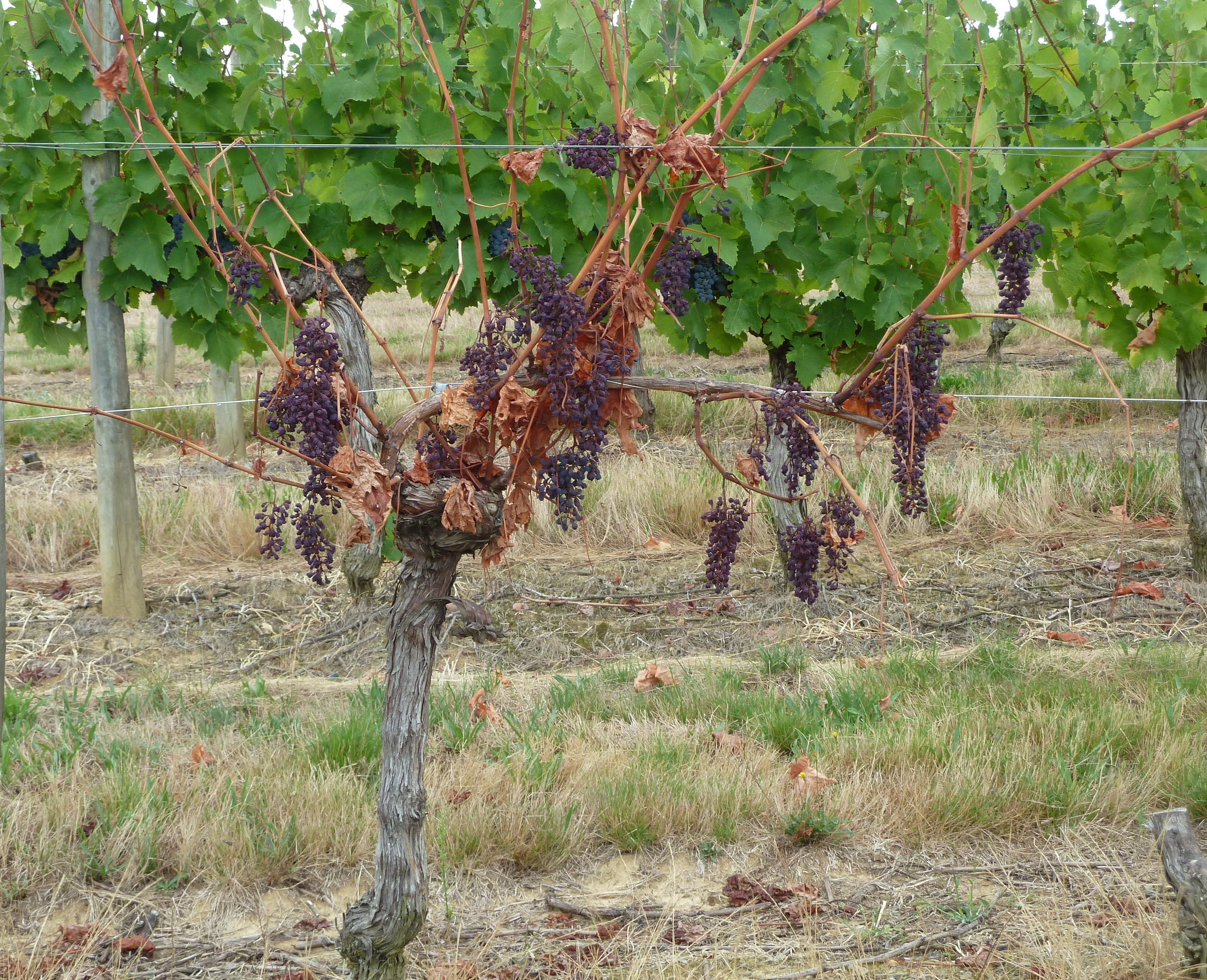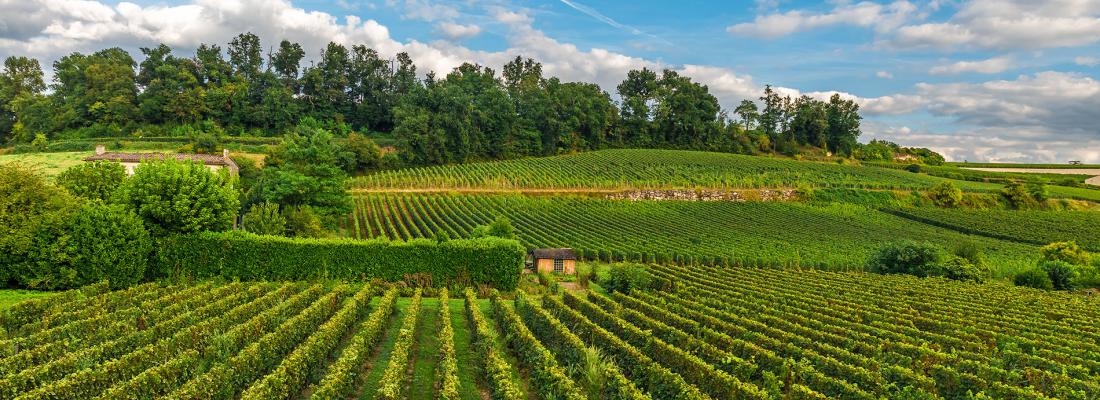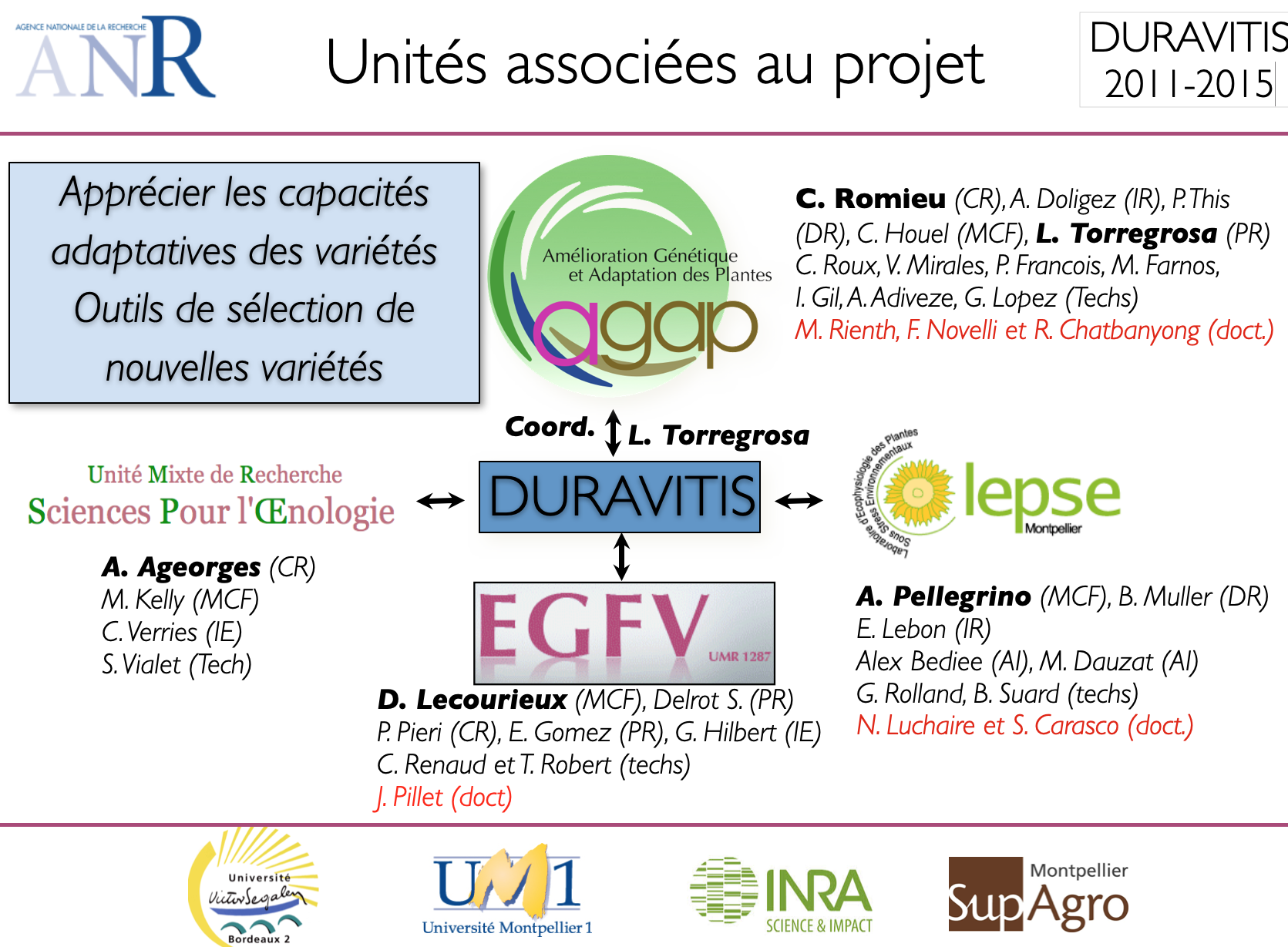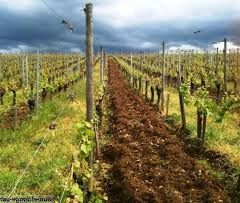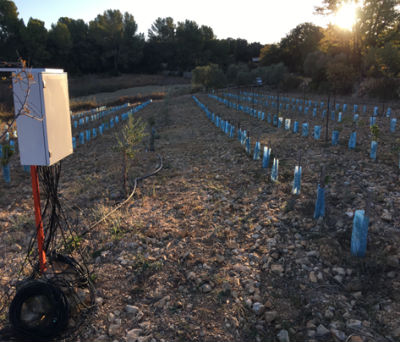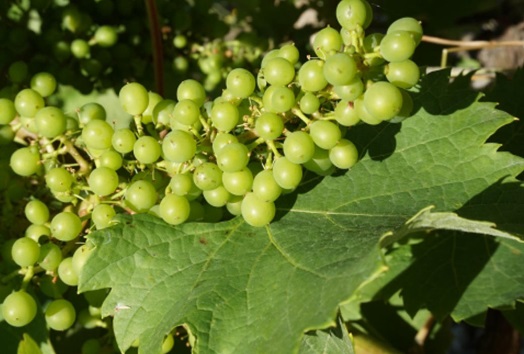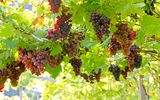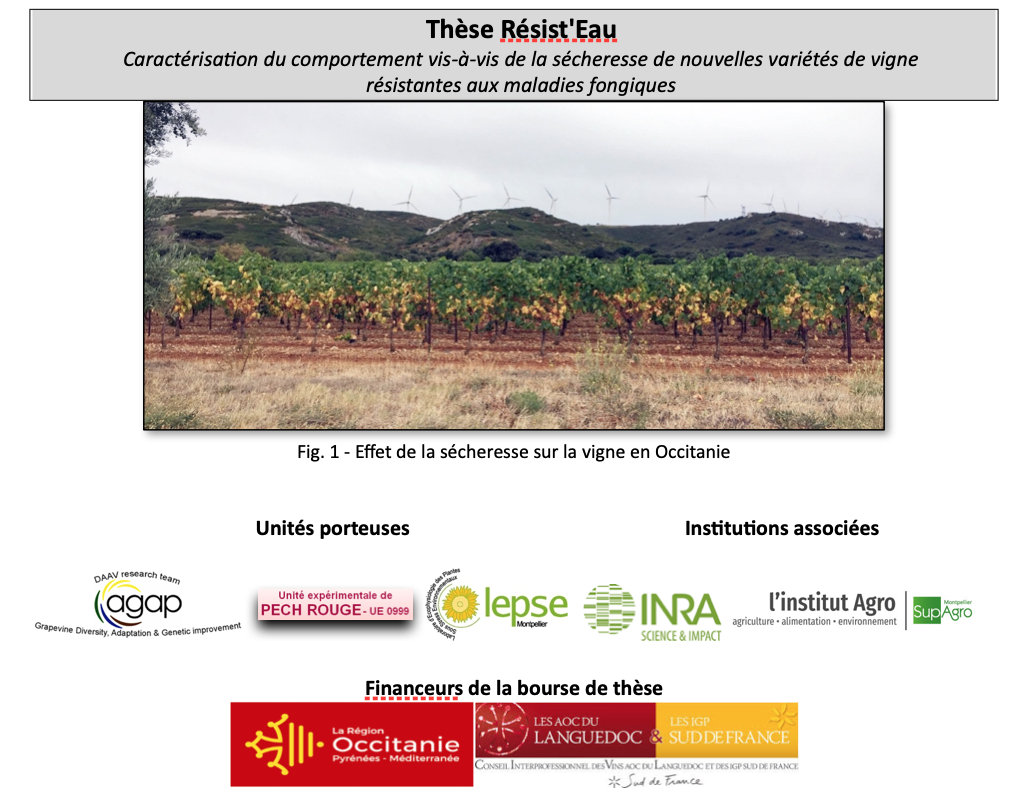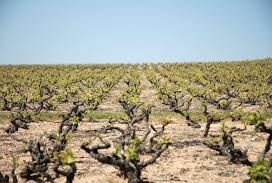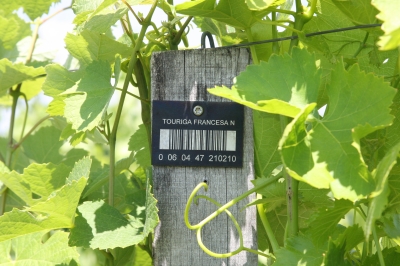French National Research Institute for Agriculture and Environment- INRAE
147 rue de l'Université 75338 Paris

INRAE - French National Research Institute for Agriculture & Environment
First ranking research institute in agriculture in Europe, second worldwide agricultural science provider, the INRA conducts researches concerning major society stakes. It is a nationwide organisation of public scientific research, directed by both the Research and the Agriculture French Ministries.
Our job :
to explore, understand, experiment and think ahead
Our goal :
to give people freedom of choice and the ability to innovate
Our specialties :
Food, nutrition, agriculture and the environment
Our focal issues :
Competitiveness, regional land use, health, sustainable development and bioeconomy
The participation of the INRA in developing the Agrisource platform directly highlights a double involvment that is at the heart of our institution : it is about both supporting Innovation, and seeking for a society with sustainable production and consumption modes. Encouraging Agrisource means a better access to knowledge, and to open platforms that allow direct experience sharing. This is a powerful tool to build synergies among all actors, like the CSA Booster. We now know for a fact that it is the kind of measure ensuring us of better chances to effectively tackle the climate change challenge.
Relations
- Network
- List
- Geolocation
- More
Since Jan. 2024, the LinkedIn page of project MEDCLIV turns into the official social channel of the platform VINEAS
- More
Participation de deux projets du programme VINID'OCC : Innovation variétale & changement climatique au SITEVI
- More
« Accompagner l’innovation variétale en Occitanie dans un contexte de changement climatique et de réduction des intrants »
- More
3 workshops of 45 min each have been proposed to downscale the national vine & wine sector adaptation to climate change strategy at the french Mediterranean scale
- More
Les conditions de sécheresse induisent un effet positif sur la vigne en supprimant l’apparition des symptômes de l’esca, l’une des principales maladies du bois causée par un champignon. Les résultats de l’étude ont été publiés le 21 octobre dans la revue PNAS.
- More
La profession a élaboré sa stratégie d'adaptation en se basant largement sur le travail de recherche interdisciplinaire du projet LACCAVE conduit par INRAE depuis plusieurs années





